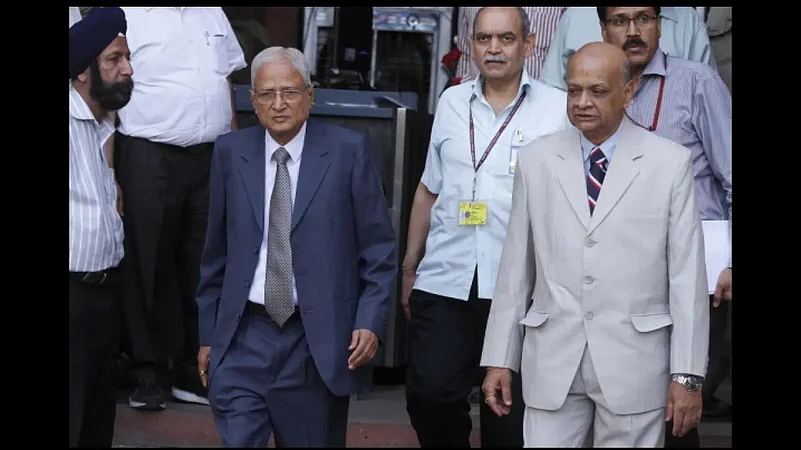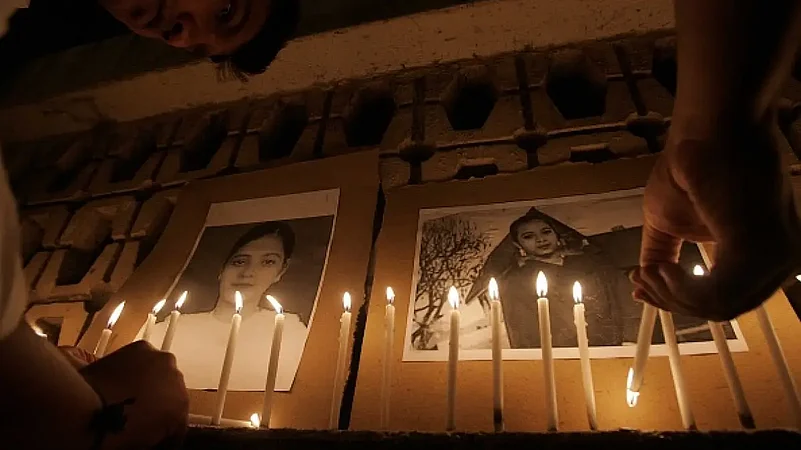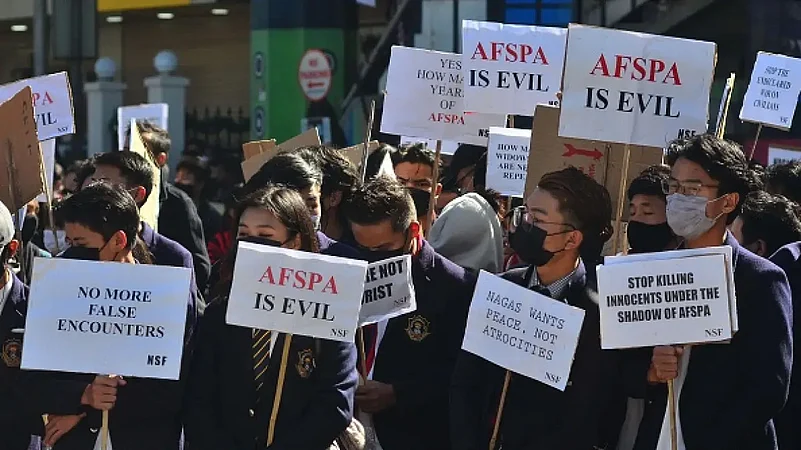On Friday, the Supreme Court dismissed a petition filed by Zakia Ehsan Jafri, wife of the slain Congress leader Ehsan Jafri, who challenged the closure report filed by a Special Investigation Team (SIT) that was constituted by the apex court in 2008 to probe the 2002 Gujarat riots. The top court discarded her allegations about a larger conspiracy by high government functionaries including the then Gujarat Chief Minister Narendra Modi and 64 other accused persons. Zakia Jafri had challenged the SIT report’s conclusion that there was “no prosecutable evidence” against the accused.
Also Read | SC Clean Chit To PM Modi In 2002 Gujarat Riots A Setback To The ‘Hate India’ Industry
SITs are set up by the Supreme Court, and central and state governments to investigate serious crimes—that have larger socio-political dimensions—when the existing law enforcement or investigative agencies are unsuccessful in conducting appropriate probes. SITs usually probe riots and murders, mysterious disappearances and other crimes. While there is no law to stipulate the kind of cases that should be given to an SIT, it is entirely up to the courts to approve or reject the reports submitted by the SITs. Listed below are a few major SITs constituted in the past decade and their outcomes:
1984 Anti-Sikh Riots: In December 2018, the Supreme Court accepted the central government’s suggestion that two of the SIT members supervising the investigation into the 186 cases of the 1984 anti-Sikh riots in Delhi, should continue with their probe. On June 15 this year, the SIT probing the mass killings during the anti-Sikh riots in 1984, arrested four men from Kanpur, who had allegedly set a building on fire in which three persons were burnt to death.

Black Money: In July 2011, the Supreme Court appointed a high-level SIT under the stewardship of former apex court judge BP Jeevan Reddy to monitor the probe and the steps being taken to bring back black money stashed away in foreign banks. Eight years on, the SIT has submitted several status reports to the apex court that keeps tabs on the case’s progress.

Aryan Khan drug case: A SIT constituted by the Narcotics Control Bureau to investigate a high-profile case found no evidence that Aryan Khan, the son of actor Shah Rukh Khan, was part of a larger drugs conspiracy or an international drugs trafficking syndicate. In its report, part of which was leaked to the media in March 2022, the SIT further indicated several irregularities in the raid conducted on the yacht Cordelia that Aryan was arrested on October 3 last year. He had spent over 20 days in Mumbai’s Arthur Road Jail, before getting a clean chit from the Narcotics Control Bureau in May.
Ishrat Jahan Raza probe: In November 2011, an SIT concluded that officers of the Ahmedabad Police Crime Branch and Subsidiary Intelligence Bureau (SIB) had killed Ishrat Jahan Raza, a 19-year-old young college student, in a fake encounter in 2004. Last year, a special Central Bureau of Investigation (CBI) court in Ahmedabad discharged police officers, including G.L. Singhal, Tarun Barot and Anaju Chaudhary. The court in its October 2020 order observed that the accused officers had acted in their official duties, so the probe agency required a sanction for prosecution under Section 197 of the Criminal Procedure Code.

Nagaland killings: On May 30, the SIT submitted its charge sheet to the District and Sessions Court in the Mon district through the additional public prosecutor, naming 30 army men, including a Major. On December 4 last year, the operation team that had laid an ambush at Longkhao between Upper Tiru and Oting village opened fire at a pick-up vehicle carrying labourers. The SIT investigation revealed that the operation team had not followed the standard operating procedures and resorted to indiscriminate and disproportionate firing that killed the six occupants of the vehicle on the spot and grievously injured two others.

Kathua rape-murder case: In October 2019, a local court in Jammu ordered police to register an FIR against six members of the SIT of the Jammu and Kashmir crime branch that probed the 2018 rape and murder of an eight-year-old tribal girl in Kathua district for allegedly torturing and coercing witnesses to get their false statements. In December last year, the Punjab and Haryana High Court granted bail to police sub-inspector Anand Dutta and head constable Tilak Raj, two of the six accused in the case, and suspended their remaining sentence.



























